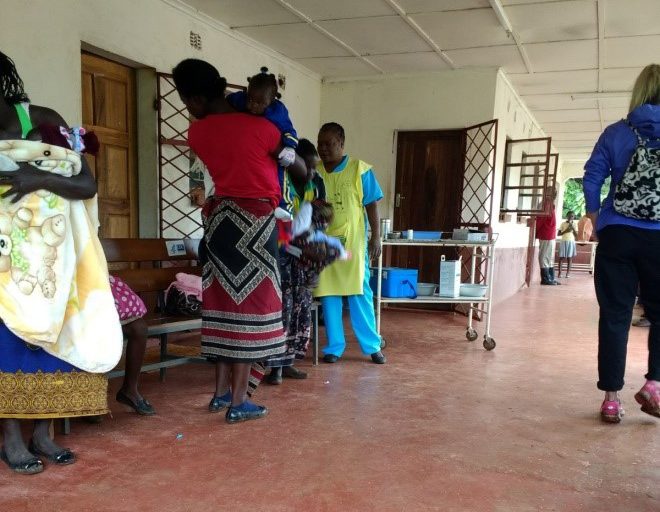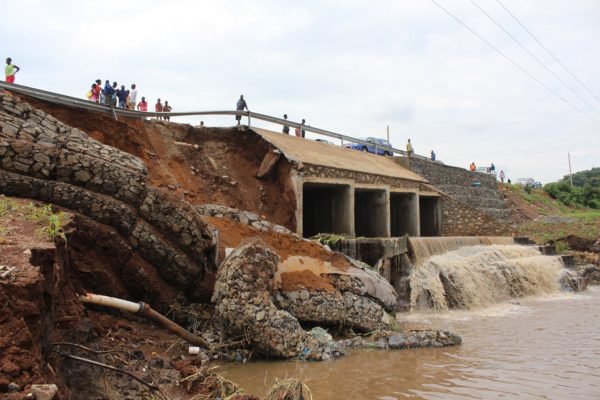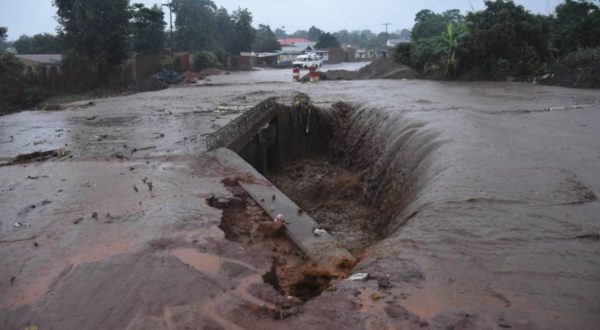Following In Your Footsteps

Thank you, Dad.1
I don’t always say some of these things so I thought I’d
share them now.
Dad, I don’t know if you know it or not but you are the one
who influenced me the most to go into the ministry. You’re the one who impacted my life more than
you probably know and far more than I could ever repay.
Far more.
That’s a subject you know well. You know all about an impossible debt because
you have one yourself. And you showed me
mine. You taught me that I could never repay God for what He’s done for me. The
price of the ransom? The cost of eternal
life? The payment for sin?
- Too much to calculate.
- Too big to pay back.
- Too impossible even to try.
We would be too foolish
even to try!
Dad, of all the things you’ve taught me over the years, the
most significant and meaningful has always been that awesome bedrock Bible
truth of Justification. God declares us
not guilty of our sins for Jesus sake.
He calculated the cost (his own blood!) and paid it anyway. I learned that from you and I realized that
it’s not a message to hold to ourselves but it’s one to share.
Especially, these days here in Malawi. It’s so important to share the pure Gospel because the – what do they call it – the “Prosperity Gospel” that is now being preached so rampantly in this country is not pure at all. When I was a kid growing up in your home, I just don’t remember that the “Health and Wealth Gospel” was so prevalent in the days when you were a full-time pastor in the Lutheran Church of Central Africa.
Itching ears.2

Oh, by the way, Dad, though I was a “preacher’s kid,” I
never considered that an uncomfortable thing. I liked seeing you up in front of
the congregations and listening to your sermons. And even you expected each of us kids to do
work in the fields of maize, you also gave me freedom to try my hand at running
a business. Remember, Dad, I used to
sell fresh fruits and vegetables! Pineapples, Avocados and Sweet Potatoes.
When I think back to those days of running a grocery
business, I can’t help but think that God was preparing me for the ministry
today. I think I learned to be
hospitable during those years of dealing with all those customers.
And now? Now I’m
serving over one thousand people in my 4-congregation parish.3 Over
a thousand! But what am I telling
you? You know very well what it is like
shepherding a flock because you’ve done it for 26 years4
yourself.
You know very well that life as a pastor in Malawi is seldom
easy. Salaries are low and the cost of
living is high. We struggle enough just
to take care of our own families not even to mention taking care of the work of
our beloved Synod. But now that I think
about it, I suppose that no matter in what country a person is living and
serving God, challenges will always be there.
Not just because of economic reasons but because of the influence of the
world, the temptations by the devil and the struggle with our own sinful
nature.
Speaking of challenges, I have to thank you, Dad. Thank you
for teaching me to persevere in all
situations. So many of our life situations have called us to persevere! I learned at the LBI and Seminary that to
persevere means to “remain under,” to “continue in” or to “keep on.”
What I learned academically in the classroom I learned
practically from you in daily living.
Important things I want to pass on to my own children. YOUR grandchildren. I know I can only do so in the strength of God Himself. After all, how else could I possibly serve four congregations, be the LCCA Synod President,5 teach Bible Studies at a University,6 be a husband to my wife and a father to my children?

As we “stand under” all the challenges in our Lutheran Synod
we are also seeing and experiencing God’s blessings here in Malawi. The LCCA is growing, the number of pastors is
increasing and despite the mushrooming of false religions, the LCCA is still
holding to the teachings of the apostles and prophets as found in Scripture.7
Jesus Christ is the chief Cornerstone of the building! Always was, still is and always will be!
I have so much for which to thank you, Dad. You provided for our family and made it a
loving home. But above all you showed me Jesus. Not just with your sermons but
with your life.
And I see that your life is a new one in Christ.
A life lived under the cross.
A life lived to His glory.
A life led heavenward.
So, if you look over your shoulder, Dad. That’s me.
Following in your footsteps.
– Enock
1. Pastor Paul Mkowasenga is the father to Enock Mkowasenga. Pastor Paul Mkowasenga is retired.
2. 2 Timothy 4:3.
3. The names of the four congregation parish union are Nanseta, Savala, Mwitere and Nameta.
4. 1986-1991 Evangelist; 1994-2015 Pastor.
5. Pastor Enock Mkowasenga was elected as LCCA President at the Synod Convention in September of 2018.
6. Malawi University of Science and Technology
7. Ephesians 2:20.
PS. Missionary John
Holtz interviewed Pastor Enock Mkowasenga so as to feature him in this February
2019 Malawi Mission Partner Communique. In the interview, Pastor Enock
Mkowasenga spoke very highly of his father, retired LCCA Pastor Paul
Mkowasenga. So Missionary Holtz shaped a
“son-to-father letter” out of the
information given to him. Even though
Pastor Enock Mkowasenga did not write the letter, all the information in it is
a factual portrayal of everything he shared with Missionary Holtz. Pastor Mkowasenga gave his approval to this
article and pictures.











